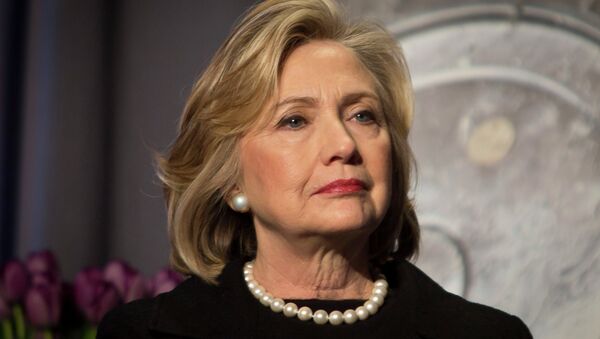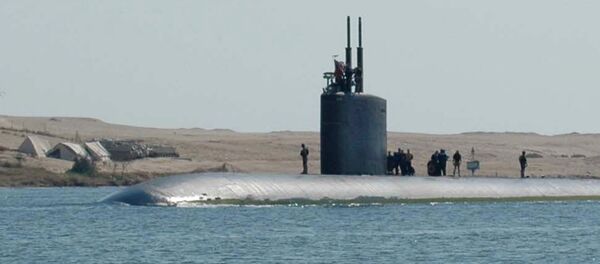In May, a US federal court found Saucier guilty of taking photographs of classified spaces within a US nuclear submarine.
"On at least three separate dates in 2009, [Kristian] Saucier used the camera on his personal cellphone to take photographs of classified spaces, instruments and equipment of the USS Alexandria, documenting the major technical components of the submarine’s propulsion system," read a statement released by the US Justice Department at the time.
As Saucier awaits sentencing, defense attorney Derrick Hogan has argued that his client should receive probation. His justification? Hillary Clinton.
"…[Clinton] has come under scrutiny for engaging in acts similar to Mr. Saucier," Hogan wrote in a legal filing.
"In our case, Mr. Saucier possessed six photographs classified as 'confidential/restricted,' far less than Clinton’s 110 emails," the filing reads, referring to emails sent through Clinton’s private server that were marked “top secret” or “secret.”
"It will be unjust and unfair for Mr. Saucier to receive any sentence other than probation for a crime those more powerful than him will likely avoid."
In July, FBI Director James Comey announced the results of the agency’s investigation into whether Clinton mishandled classified material during her time as US Secretary of State. Despite his opinion that Clinton and her staff were "extremely careless," and that "any reasonable person should have known that an unclassified system was no place for that kind of information," the FBI did not recommend prosecution.
Saucier isn’t the first whose lawyer has sought to use the Clinton case to seek leniency. Major Jason Brezler is facing the end of his military career after sending a classified message from an unclassified email account.
His attorney, Michael J. Bowe, plans to cite the Clinton case "as one of the many and most egregious examples" of the harshness of Brezler’s treatment.




